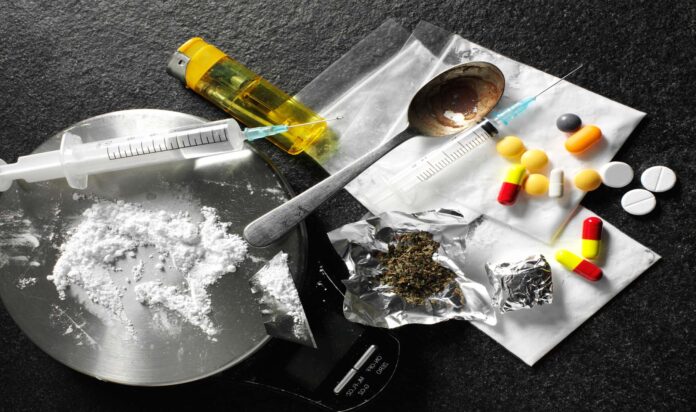For the second time in just over a month, the Renfrew County and District Health Unit and local OPP are warning county residents about the risk of drug overdoses.
The health unit issued an alert Friday about a “small cluster of suspected overdose-related deaths” that have occurred over the last week in Renfrew County and District.
“Although specific substance(s) related to the overdoses have not been confirmed, it is important to remember that all street drugs must be considered highly toxic and potentially fatal,” the health unit said.
The alert follows a similar warning at the beginning of January.
In that case, the health unit said it was suspected that “in some cases, cocaine may have been tainted with a highly potent opioid (such as, fentanyl).”
The health unit said “friends, family members and individuals who use street drugs” can work together to reduce the risk of an overdose by putting the following measures in place:
• Don’t use alone – If you overdose, there will be no one there to help.
• Carry naloxone (Narcan)- Naloxone can temporarily reverse an opioid overdose and kits are available for free throughout RCD at local pharmacies and other locations.
• Don’t mix drugs – Don’t mix drugs with other drugs or alcohol, as it puts you at higher risk of overdosing.
• Go slow – Quality of street drugs is unpredictable. If you are using street drugs, start by using in small amounts (testers or test doses) to check the strength of what you are using.
• Know your tolerance – Risk of overdose increases if you are a new user or have not used in 3+ days.
• If you have no other choice than to use alone, always call the Overdose Prevention Hotline 1-888-688-6677 (National Overdose Response Service) to have someone standing by to call for help if needed.
A volunteer will check in periodically and call 911 if there’s no response.
Understanding the signs of an overdose can help to save a life. These signs can include, but are not limited to:
• Slow or irregular breathing, or no breathing at all.
• Fingernails and/or lips are blue/purple.
• Body is limp.
• Deep snoring or gurgling sounds.
• Loss of consciousness/passed out (can’t wake the person up).
• Unresponsive (not answering when you talk to them or shake them).
• Pinpoint (tiny) pupils.
All overdoses are a medical emergency and calling 911 is an important step in saving someone’s life.
The health unit asks that people who are aware of overdoses assist us by completing RCDHU’s anonymous online Overdose Reporting Form, which is used to support tracking overdoses within the community.
- For more local news, pick up a copy of this week’s NRT. To get the NRT delivered directly to your mail box or inbox each week, subscribe here.


